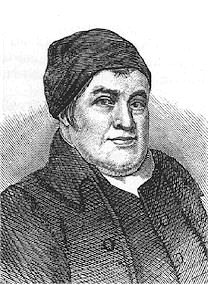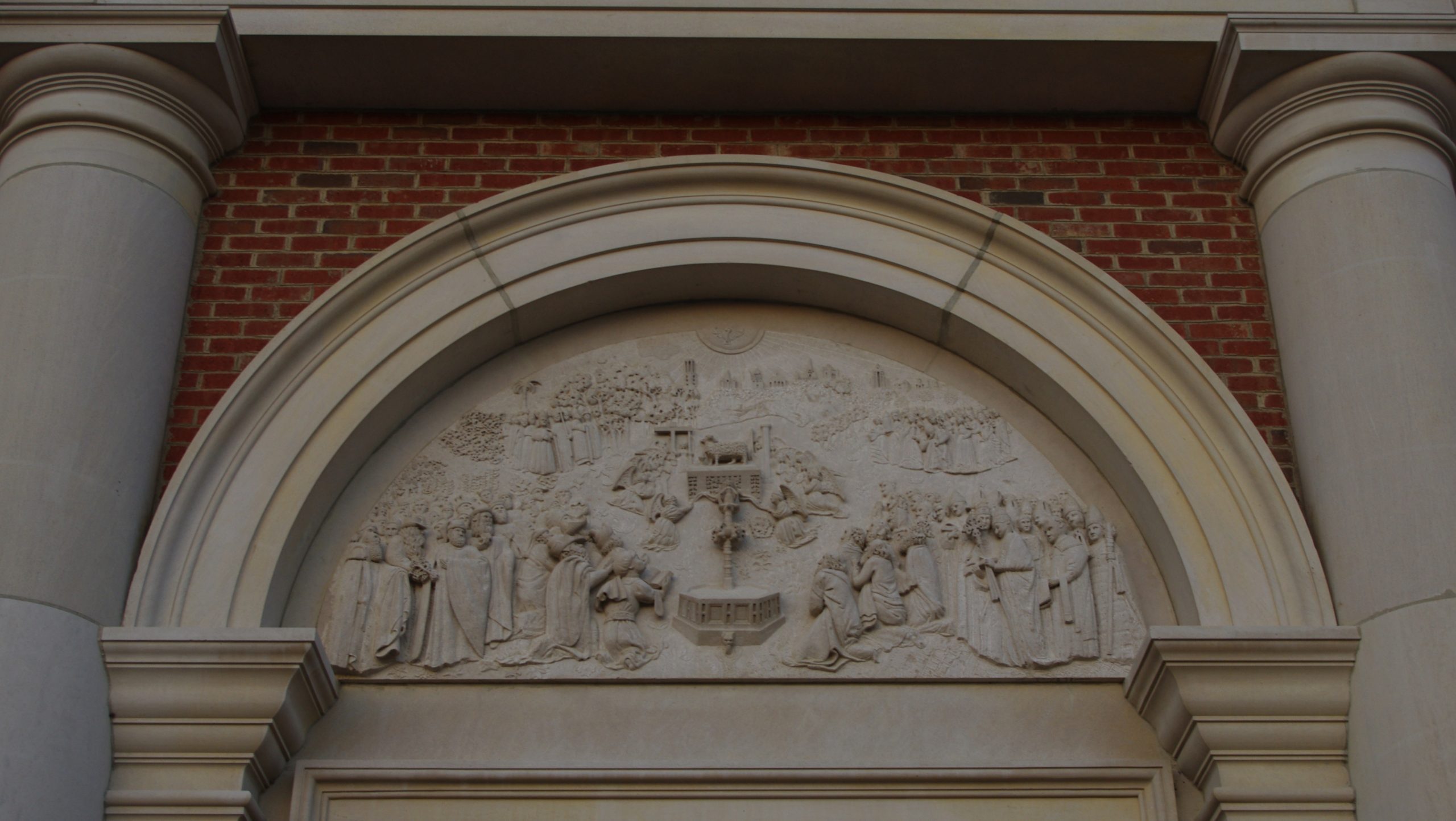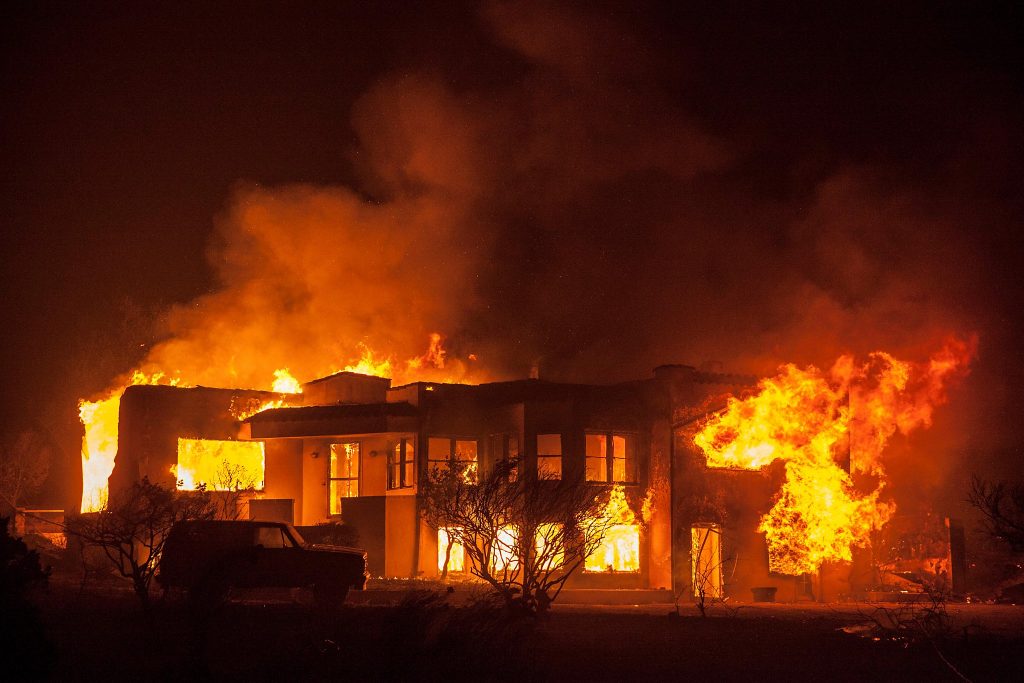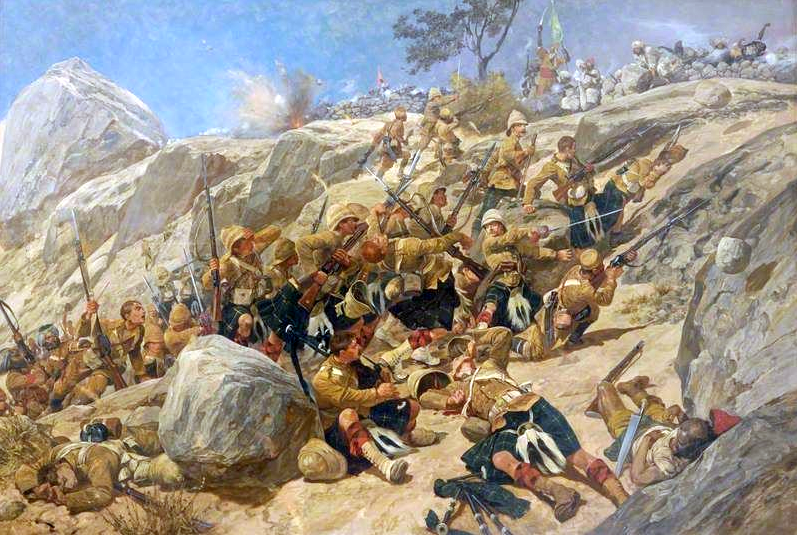Then a voice came from the throne, saying:
“Praise our God
all you his servants,
and all you who fear Him,
both the small and the great!”Then I heard what sounded like the voice of a vast throng, like the roar of many waters and like loud crashes of thunder. They were shouting:
“Hallelujah!
For the Lord our God, the All-Powerful, reigns!
Let us rejoice and exult
and give him glory,
because the wedding celebration of the Lamb has come,
and his bride has made herself ready.
She was permitted to be dressed in bright, clean, fine linen” (for the fine linen is the righteous deeds of the saints).Then the angel said to me, “Write the following: Blessed are those who are invited to the banquet at the wedding celebration of the Lamb!” He also said to me, “These are the true words of God.” – Revelation 19:5-9 (NET)
Let us enjoy a pre-figuring of the great banquet at the end of time. And you are blessed. The Son of God has offered us His Flesh and Blood as true food and drink that can satisfy our souls. Along with that, He offers forgiveness, righteousness, reconciliation with God and with each other, and an eternity living in His presence. While we are most certainly unworthy of this gracious invitation, He extends it to us in our sinful state, and forgives us as we approach His throne. When we eat together as a family, it draws us both closer to God and to each other.
Blest be the tie that binds our hearts in Christian love;
The fellowship of kindred minds is like to that above.
Before our Father’s throne, we pour our ardent prayers;
Our fears, our hopes, our aims are one, our comforts and our cares.
We share our mutual woes; our mutual burdens bear;
And often for each other flows the sympathizing tear.
When we asunder part, it gives us inward pain;
But we shall still be joined in heart, and hope to meet again.
This glorious hope revives our courage by the way;
While each in expectation lives, and longs to see the day.
From sorrow, toil, and pain, and sin, we shall be free;
And perfect love and friendship reign through all eternity. — “Blest Be the Tie That Binds“, John Fawcett, 1782
 Here on this present earth, we can see shadows of the permanence of Heaven. We meet, we part. We join, we rend. But that banquet at the end of time, we shall be together with God and one another forever. The One Who was, Who is, and Who is to come will let us eat of the Tree of Life so that we may spend an endless day with Him and with each other. Until then, He has given us these rhythms to follow that help us look forward to that day. In the fruit of the vine that we drink, we see the Blood of Jesus that washes us and prepares us for that day.
Here on this present earth, we can see shadows of the permanence of Heaven. We meet, we part. We join, we rend. But that banquet at the end of time, we shall be together with God and one another forever. The One Who was, Who is, and Who is to come will let us eat of the Tree of Life so that we may spend an endless day with Him and with each other. Until then, He has given us these rhythms to follow that help us look forward to that day. In the fruit of the vine that we drink, we see the Blood of Jesus that washes us and prepares us for that day.
No one has greater love than this—that one lays down his life for his friends. You are my friends if you do what I command you. I no longer call you slaves, because the slave does not understand what his master is doing. But I have called you friends, because I have revealed to you everything I heard from my Father. — John 15:13-15 (NET)
Here at Men of the West, we consider each other friends, even though many of us have never met. All of us are following our Lord’s instructions, and so, we are friends, even though we may not have met and may not until that great wedding banquet. So until then, may God bless you.










5